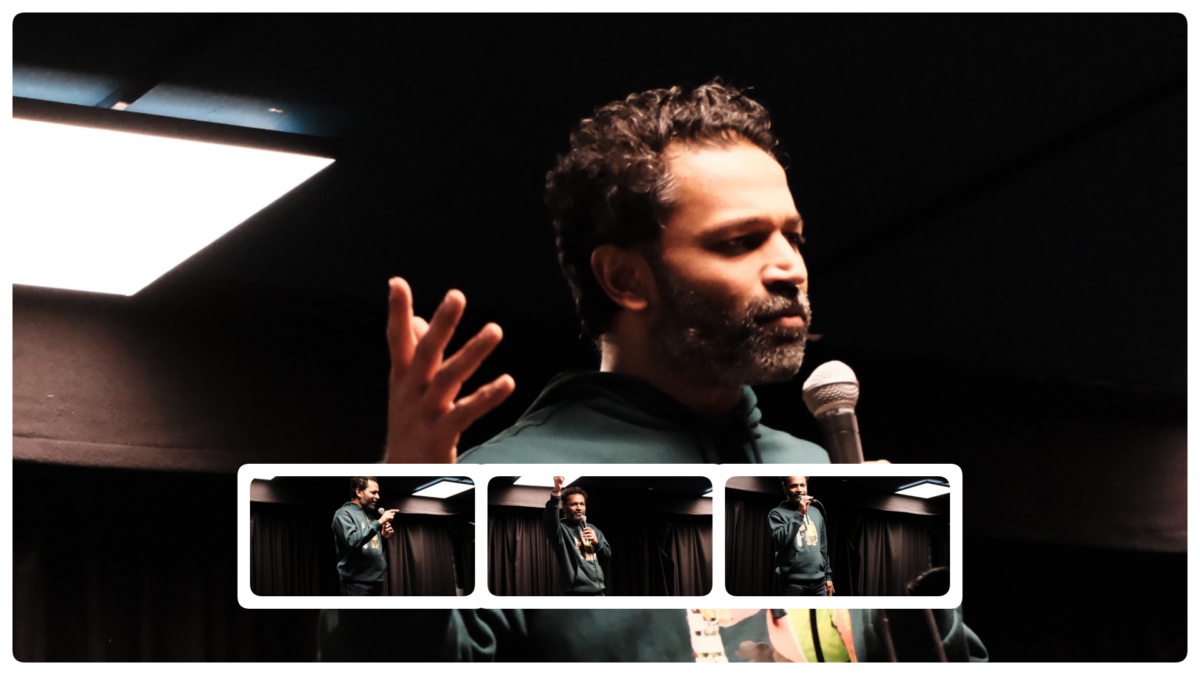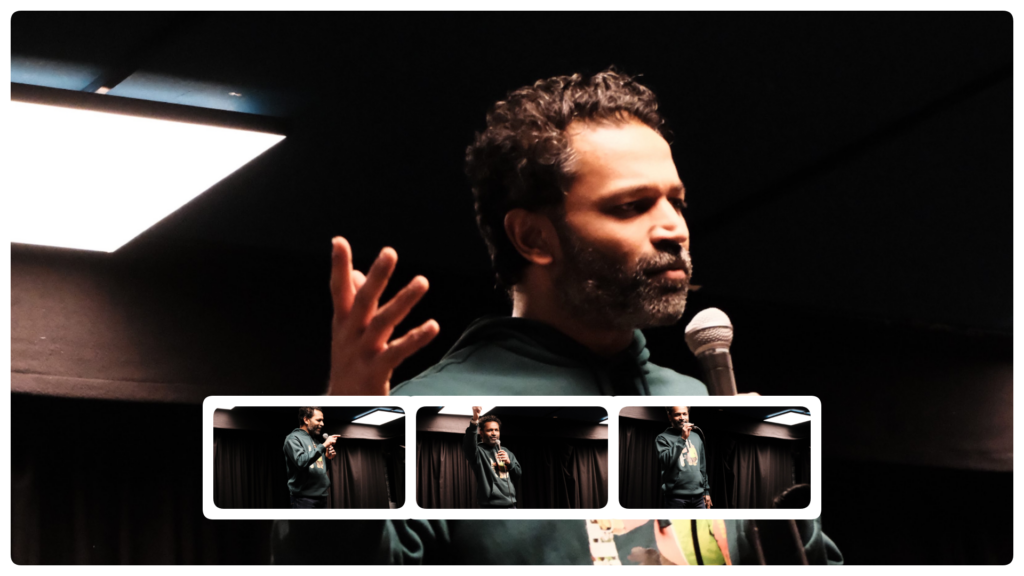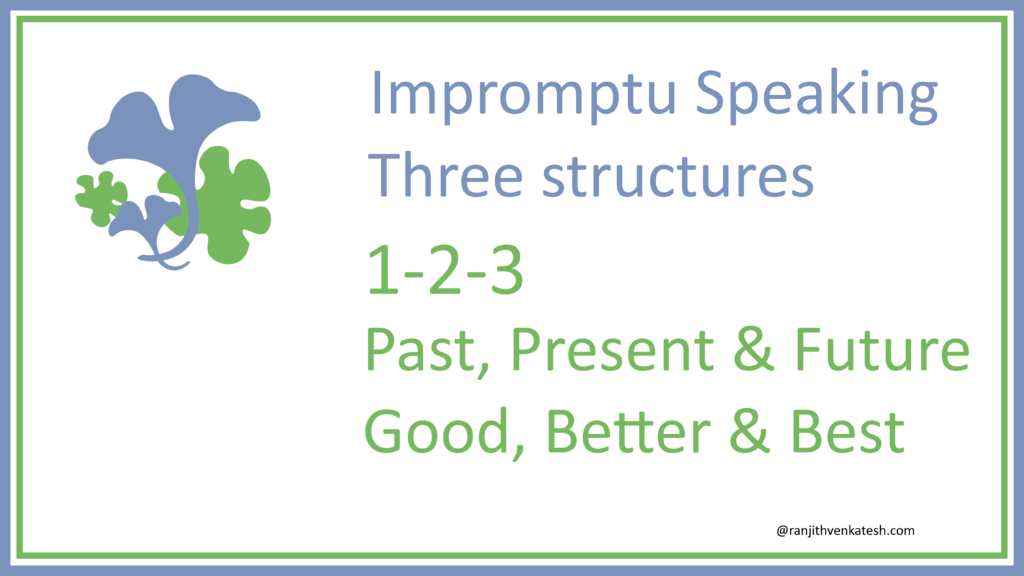
Tag: impromptu
-

The Art of Moderation: Why It’s Crucial for Impromptu Speaking Events

Hosting events, especially impromptu speaking sessions, requires moderation to ensure a smooth and successful experience. While often overlooked, a moderator’s role is pivotal in balancing spontaneity with structure, creating a supportive and engaging atmosphere.
The Role of a Moderator
Moderators are the anchors of events, ensuring transitions, maintaining schedules, and fostering inclusivity. In impromptu speaking, their role becomes even more nuanced:
- Setting the Tone: Establishing expectations, energizing the room, and making participants feel at ease.
- Encouraging Participation: Supporting nervous participants, breaking the ice, and fostering a welcoming environment.
- Maintaining Focus: Ensuring adherence to time limits and refocusing the session when necessary.
- Handling Challenges: Addressing unexpected situations like awkward pauses or overly enthusiastic participants with poise.
Why Moderation Matters
Impromptu speaking thrives on energy and spontaneity, but challenges like dominant speakers or digressions can arise. Here’s why moderation is essential:
- Balancing Voices: Ensuring everyone has a fair chance to contribute, promoting inclusivity.
- Encouraging Feedback: Guiding constructive feedback that uplifts and informs participants.
- Building Momentum: Seamless transitions and high energy keep the audience engaged.
Lessons from Moderating Impromptu Sessions
As one of four moderators for impromptu speaking sessions, I witnessed firsthand the importance of teamwork and adaptability. Encouraging nervous speakers, navigating unexpected moments, and maintaining audience engagement were integral to the role. Each moderator’s unique strengths contributed to a dynamic environment where participants felt empowered to embrace spontaneity and shine.
Interested in having a moderator for your next event?
Contact Ranjith at +4916092790039 or ranjith.venkatesh@mossandlichens.com
-
Impromptu Speaking

How many times have you been caught by surprise in a business meeting and have been asked to give your opinion?
How many times have you answered with no structure?
Here are three simple structures for Impromptu Speaking:
- 1-2-3
- Past, Present & Future
- Good, Better & Best
Let us say you work for a chocolate company which is considering to explore “FAIRTRADE” for their products and they ask you for your opinion.
Structure “1-2-3”:
Firstly “fairtrade” is not something we need to consider but it needs to be ingrained in every product we sell.
Secondly “fairtrade” helps us ensure that we take care of our suppliers all the way to the cocoa picker.
Thirdly “fairtrade” gives us the opportunity to let our customers consume chocolate not only for the taste but everything that went in creating it
Structure “Past, Present & Future”:
In the past, we created chocolate by keeping our suppliers and their working conditions a secret.
In the present, our customers are willing to pay for a product which not only tastes good but also is good in the production process.
In the future, by subscribing to “fairtrade” we have the opportunity to be fairer to our suppliers and provide good value to our conscious customers.
Structure “Good, Better & Best”:
Good chocolate had good cocoa beans in them.
Better chocolate had better chocolatiers working with them.
Best chocolate is when “fairtrade” is added to the recipe.
Try out these structures next time you are called to speak Impromptu!
What is your favorite structure for Impromptu speaking?
